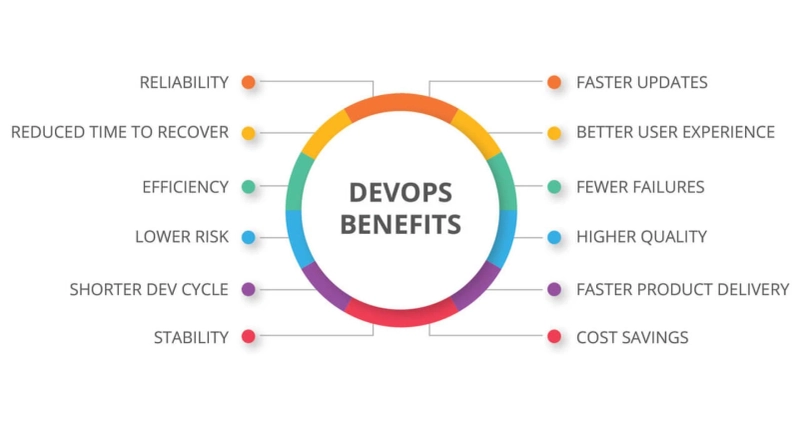If you ask some or two individuals what DevOps is, you’ll be surprised by the variability in their answers. Some will discuss tooling and automation. Others will allude to team alignment and structure. Presumably, you’ll get a response that describes the way DevOps is known in this person’s organization—and that probably highlights the advantages they’re enjoying from it. The Best DevOps certification has become a buzzword these days. It is not just a development practice or a set of automation tools, but it can be thought of as a culture that brings development and operations teams together to work on products collaboratively.
While every answer has some truth thereto, at its core, DevOps is coalescing development and operations. That’s an easy thanks to approaching the term. Instead of having development handoff code to operations to release, deploy and monitor software (dev than ops), DevOps has both teams work side-by-side (dev plus ops).
You’re probably hearing more and more about DevOps because more and more organizations are adopting the practice—and permanently reason. DevOps has been praised for shortening development cycles, which has ultimately created better experiences for both the organization and its end users. Here are five core benefits you’ll see by implementing DevOps.
Renews focuses on the customers
A key reason for the move to DevOps is that it gets the team back within the mindset of the customer. In software development, it’s easy to constitute the trap of thinking that the top goal is admittedly great software. This mindset makes it reasonable to justify long development and release timelines because the software looks amazing from the top.
This is a myth for 2 reasons. First, even with a protracted development timeline, who is to mention the software is really better? But more importantly, thinking only about the software causes you to forget the foremost important thing: the customer. The customer is trying to find an answer, a functional product that may solve their problem. They don’t care such a lot about the method, only that they've delivered an honest product. DevOps naturally puts you within the customers' shoes since you’re focused on smaller releases and there’s more room for immediate feedback.
Unite teams for faster product shipments
Another advantage of DevOps is that other teams, like operations, get to share the good thing about working in an agile or iterative environment. Over the last decade, development teams invested in agile and started developing quicker and quicker. However, since this happened in isolation, operations teams have struggled to stay up and can’t release software at an identical pace. DevOps unites these teams and ships software faster. Maybe a faster development timeline is important to clients? In fact. If you'll do the duty twice as fast and still maintain the standard of your work, it’s a competitive advantage.
Simplifies development focus
There are two ways to develop for a release: an enormous release, packaging plenty of features into one deployment, or a fast release, where features roll out one at a time. If you've got an enormous release, chances are high that you're worried about prioritizing a protracted list of features that come in that release because you most likely can't change that list and an excessive amount once you start. And if you are doing make drastic changes, then you've got to think about the work that's already been done after you begin to create changes. All the features of a release get tangled together.
On the opposite hand, you'll dramatically simplify how you prioritize your work if you reduce the quantity of labor that you simply do at a given time. Day by day or week, your team addresses one feature and packs developing and releasing into a fluid system. If something goes wrong, you merely have one thing to appear at, unlike in a very big release, where you'll waste time sorting through multiple issues.
To know more: https://youtu.be/y_NMBrAbu7Y



